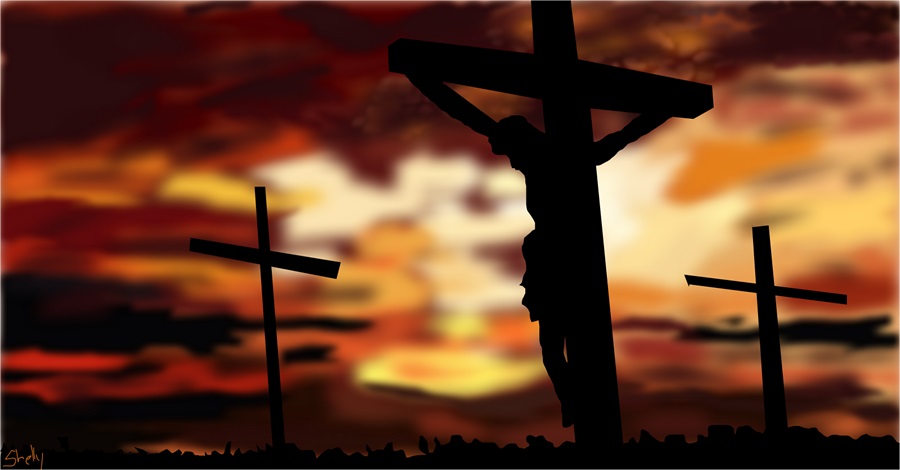
The Sacrifice
11-07-2021Weekly ReflectionFr. Bing ColasitoToday, the Church teaches us about the importance of sacrifice. The highest form in salvation history is the sacrifice of our Lord Jesus Christ. “But now once for all he has appeared at the end of the ages to take away sin by his sacrifice.” The Lord sacrifice His life as an offering for the sins of humanity. His death is the ultimate sacrifice; His resurrection opened the way for us to receive the gift of eternal life. Eternal life for us is this: That we believe in the one true God, and His only Son, Jesus Christ inviting us to share in the mission by offering our lives to Him and with Him. The first reading and the Gospel give us an example of this kind of sacrificial offering.
Elijah encounters the widow in Zarephath, who brings the last flour and oil, to make one final meal then she and her son will wait for their death caused by starvation. The prophet asks the woman to feed him. And he learns from the woman that she is making their last meal that will not even satisfy their hunger. We may think that the prophet abuses the woman for asking for bread from her knowing their predicament. But as Elijah says: “For the Lord, the God of Israel says: The jar of flour shall not go empty, nor the jug of oil run dry, until the day when the Lord sends rain upon the earth.” The woman acts with faith and makes a meal for Elijah. She makes the sacrifice of offering possibly their last meal to the prophet. Elijah is not asking too much from the poor widow but asks what God has commanded. The prophet extends to her the promise of God of taking care of the widow and her son. The widow believes the WORD of GOD she acts with total faith, and the WORD comes to fulfillment on her behalf. Indeed, God provides for His people.
The two widows present to us an inspiring example of total self-giving. In the human level of thought process the widow of Zarephath must be going crazy, risking to give their last meal to the prophet. The poor widow (Temple) is probably in an even more dire situation. And yet, she donates her last two coins. At face value, or stretching our imagination, we can understand the action of the widow of Zarephath. A person is in need, a prophet of God. In the Jewish culture, sacrificing for the prophet of God is the right thing to do. While the widow at the Temple, as Jesus points out her generosity is a selfsacrificing love. Both widows act and live by FAITH. Faith is their inexhaustible treasure which is a sharp contrast to the selfcentered, selfglorifying practices of the scribes and the Pharisees. Jesus praises the poor widow who gives not from her surplus but her poverty.
True generosity comes from FAITH. It is not simply giving what we need to live on, from our wealth excess or not; but a sacrificial giving of everything we have for the Lord. In truth, it is the best example of trust in God, faith in God, and above all, love for God. Generosity is giving to God wholeheartedly whatever He may ask of us.
Generosity is about giving. The quality of giving the highest of which is sacrificial giving. Using the example of the poor widow in the Gospel, Jesus teaches us that sacrificial giving is giving from the heart; and not from our excess. Yes! We need the quantity, but it is the quality of giving that matters most. In addition to the sincerity of heart is the hiddenness and humility in the act of giving and charity. A sacrificial giving is an act of FAITH and an act of charity
BACK TO LIST